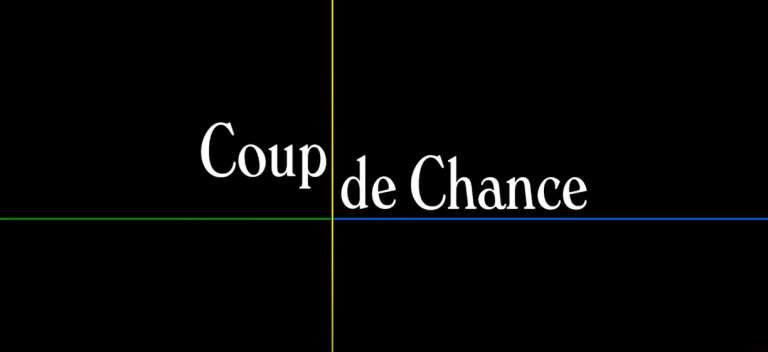
In “Dogman,” Caleb Landry Jones, renowned for his intense performances in films like “Nitram” and “Get Out,” grapples with a lackluster script and minimal support in this tepid crime drama directed by Luc Besson. Despite Jones’ innate talent, his portrayal of Doug, a peculiar character running a dog shelter and dabbling in amateur drag performances, struggles to elevate uninspired dialogue and cheap visuals.
Besson, known for his visually stunning work like “The Fifth Element,” pushes Jones to deliver exaggerated performances as Doug, a reserved yet attention-seeking individual. Despite Doug’s endearing quirks, such as his passion for rescuing dogs and his penchant for embodying Edith Piaf, Besson and Jones fail to integrate these traits into a cohesive character study.

Jones typically excels in smaller roles, relying on his intense gaze and unpredictable demeanor to captivate audiences. His casting as Doug seems fitting, given his ability to convey both menace and vulnerability simultaneously. However, throughout the film, Doug’s troubled past is recounted to Dr. Evelyn Decker, portrayed by Jojo T. Gibbs, a character lacking depth.
The heavy-handed southern accent and persistent hard stare employed by Jones in “Dogman” fail to endear the audience, especially given the lackluster dialogue. The interactions between Doug and Evelyn feel forced and contrived, with choppy flashbacks attempting to underscore Doug’s resilience but falling short of emotional resonance.

While Doug’s occasional forays into drag cabaret provide brief moments of levity, they lack depth and feel disconnected from the main narrative. Flashbacks featuring a young Doug trapped in a dog kennel and tormented by family members serve as examples of tired pulp fiction tropes rather than genuine character development.
Despite attempts to introduce realism through subplots involving government officials and antagonists, these elements fail to provide meaningful insight into Doug’s character. Jones’s frenetic performance is hindered by Besson’s indifferent direction and flimsy narrative, resulting in a disappointingly shallow exploration of the central character.

In summary, “Dogman” struggles to engage its audience due to predictable storytelling and exaggerated performances that fail to resonate emotionally. Jones’s theatrical style clashes with Besson’s schlocky sensibilities, resulting in a mismatch that undermines the film’s potential.
| Aspect | Description |
|---|---|
| Plot | A tepid crime drama with uninspired dialogue and cheap visuals, lacking depth and failing to engage the audience. |
| Character Development | Doug, portrayed by Caleb Landry Jones, is disjointed and unconvincing, despite possessing endearing quirks such as rescuing dogs and performing in drag. His backstory, though troubled, feels forced and clichéd. Other characters lack depth and serve as cardboard cutouts. |
| Performances | Jones struggles to elevate the uninspired dialogue and direction, delivering exaggerated performances that feel forced and artificial. His talent is overshadowed by the mismatch between his style and the film’s tone. Jojo T. Gibbs’s portrayal of Dr. Evelyn Decker is sympathetic but thinly developed. |
| Dialogue | Lackluster dialogue provided by writer/director Luc Besson fails to capture authenticity and depth, relying on tired tropes and campy sensationalism. Conversations between characters feel aimless and forced, detracting from emotional resonance. |
| Visuals | Cheap visuals and choppy editing undermine the film’s potential, failing to immerse the audience in the story. Flashbacks and cut-away scenes lack substance and contribute to the disjointed narrative. |
| Themes | Themes of neglect, unlovability, and resilience are explored through Doug’s troubled past and present struggles, but are presented in a contrived and predictable manner. The film fails to delve deeper into these themes, relying on surface-level storytelling and exaggerated performances. |
| Tone | The film’s tone oscillates between campy sensationalism and moments of realism, resulting in a disconnect between the exaggerated performances and the intended emotional impact. The mismatch between Jones’s theatrical style and Besson’s schlocky sensibilities undermines the authenticity of the narrative. |
| Overall Impression | “Dogman” struggles to engage its audience due to predictable storytelling, lackluster performances, and shallow character development. While it briefly touches on themes of resilience and adversity, it fails to deliver a compelling narrative or emotional resonance. The film’s shortcomings outweigh its few glimpses of realism, leaving viewers disappointed with the overall experience. |






